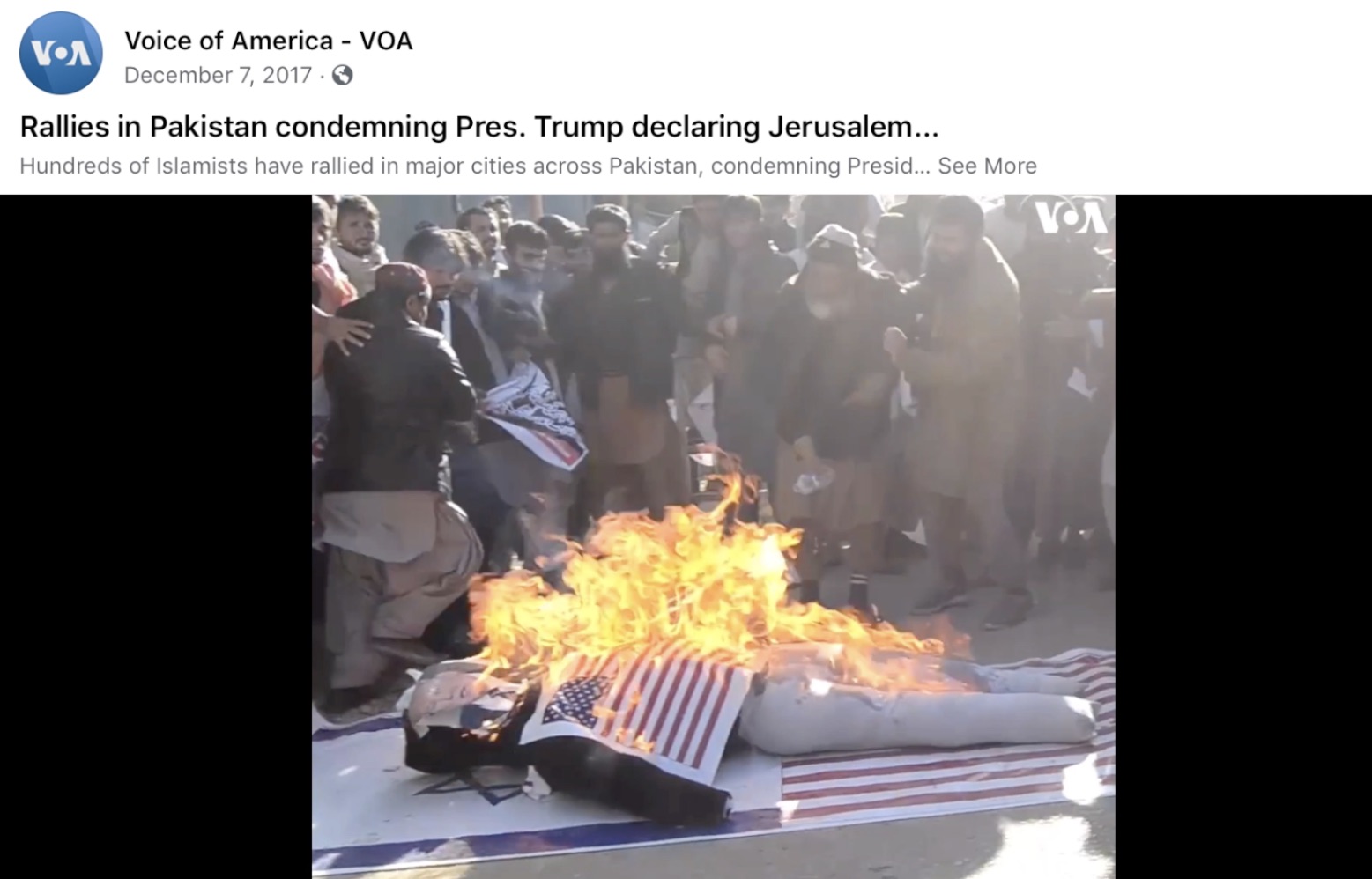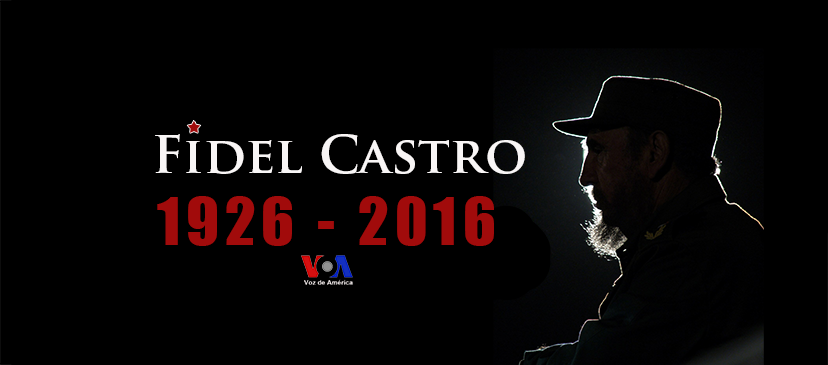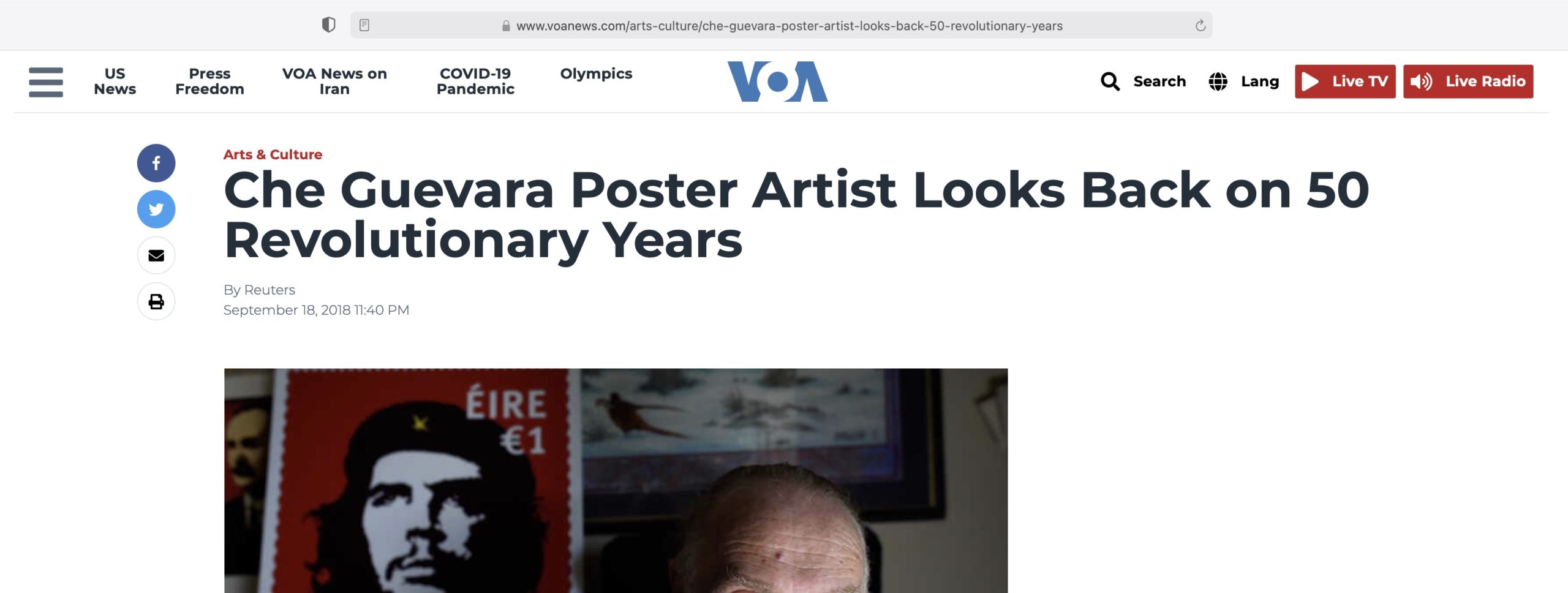Voice of America and USAGM need rescue and good leadership as the U.S. Senate contemplates the nomination of Amanda Bennett to be the next USAGM CEO.
USAGM Watch Commentary
We hear from our former Voice of America (VOA) colleagues who are political refugees from communist China and the fanatical regime in Iran that they dread the possible return of recent VOA director Amanda Bennett as their new media agency boss. During her tenure, these Voice of America broadcasters were deeply traumatized in their lowest-employee-morale federal government workplace when five VOA China Branch editors, reporters, and producers – the VOA Mandarin Five – were suspended, and some were fired for what they say was bold journalism in exposing Beijing’s influence operations in the U.S. by interviewing Chinese whistleblower businessman Guo Wengui. The Report of the Working Group on Chinese Influence Activities in the United States, published jointly in October 2018 by the Hoover Institution at Stanford University and the Center on US-China Relations at Asia Society in New York, discusses the Voice of America Guo Wengui interview incident on page 94.[ref]The Hoover Institution at Stanford University and the Center on US-China Relations at Asia Society report said: “Starting in the first decade of the 2000s, the Chinese embassy in Washington, DC, and the leadership of VOA’s Mandarin service began an annual meeting to allow embassy officials to voice their opinions about VOA’s content. PRC embassy officials have also reached out to VOA hosts to convince them to be more supportive of the regime. VOA personalities have hosted events at the embassy. One of VOA’s TV editors even publicly pledged his allegiance to China at an embassy event. It is not surprising, then, that some VOA staffers interviewed for this report believe that China’s outreach campaign has succeeded in pushing the VOA Mandarin service away from programs with direct relevance to China toward programming that seeks instead to highlight American everyday life or teach American-style English to Chinese listeners.”[/ref]
Ms. Bennett thought differently. She said the VOA journalists had failed to follow her instructions and violated journalistic standards during the 2017 Guo Wengui interview.
We think, however, that the interview incident would not have happened if the then-VOA director and her senior managers had been fully engaged from the beginning in hands-on planning and managing the sensitive program, as they should have been, and if they had paid absolutely no attention to threats from Beijing. In other words — a failure of leadership, a failure to accept responsibility, and an attempt to divert blame.
Nominated by President Biden, Ms. Bennett now awaits confirmation by the U.S. Senate to be the next CEO of the U.S. Agency for Global Media (USAGM), which oversees VOA, Radio Free Asia (RFA), and several other federal government-funded news broadcasting operations. The VOA refugee journalists — former victims of communist repressions in China and regime repressions in Iran — we have heard from since her nomination was announced feel they have been silenced and marginalized.
“My family was persecuted during the Cultural Revolution, their property confiscated by the Red Guards, and I was sent to the countryside to starve as a slave laborer,” one broadcaster in the VOA China Branch said. He and others fear that under Amanda Bennett as the new USAGM CEO, VOA will be soft on China, Iran, and Putin’s Russia, while favored VOA reporters will engage in domestic partisan journalism.
Speaking from personal experience, the VOA China Branch journalist said he does not think she dares “to stand up to the dictators.”
Some VOA Persian Service broadcasters also fear their programs will suffer if her nomination is confirmed. “For years, the VOA Persian, as it is colloquially known, has ranked as one of the U.S. government’s most flawed, inefficient and scandal-ridden broadcast arms, plagued by everything from controversial management to lackluster content,” Ilan Berman, Senior Vice President of the American Foreign Policy Council in Washington, wrote in an op-ed for The Hill in May 2021.
My family was persecuted during the Cultural Revolution, their property confiscated by the Red Guards, and I was sent to the countryside to starve as a slave laborer…
Voice of America China Branch journalist
American Foreign Policy Council
In 2017, the American Foreign Policy Council (AFPC) carried out a study of VOA and Radio Free Europe/Radio Liberty (RFE/RL) programs to Iran, commissioned by the Broadcasting Board of Governors (BBG), which was the agency’s name before 2018. The study’s conclusion was that “at least some of the guests invited on the air on Voice of America programming espoused deeply negative, even conspiratorial, views of U.S. actions and priorities in the region without being authoritatively rebutted.”
The study also found that “this problem was significantly more pronounced on VOA than on Radio Farda,” and that “coverage of Iranian internal politics, as well as human rights conditions and societal trends within the Islamic Republic, was found to be markedly more robust on Radio Farda than on VOA.” According to the study “this dynamic, on the whole, perpetuated to audiences the appearance of pro-regime propaganda.” In 2019, the AFPC stated that “a number of necessary changes remain unimplemented or unexplored”
VOA Director from April 2016 to June 2020
Amanda Bennett was sworn in as the VOA director on April 18, 2016. She served through the remainder of the Obama administration and most of the Trump administration. She announced her resignation on June 15, 2020.
Prior to joining VOA, Ms. Bennett had a long career as a reporter and was an editor on a Pulitzer Prize-winning reporting team but had no experience managing large organizations in the private sector or government before coming to VOA. She rejects any criticism of her management decisions as the VOA director or of being soft on dictators. At the confirmation hearing before the Senate Foreign Relations Committee, on June 7, 2022, she assured committee members of her commitment to unbiased reporting:
Amanda Bennett: “I have striven to make sure that I always uphold the principles of neutrality, non-partisanship, unbiased reporting in journalism, and I intend to keep on fulfilling those principles.”
Denies caving in to dictators
She is especially adamant earlier in denying that she has ever caved in to pressure from China. However, thousands of Chinese social media users who posted comments following the Guo Wengui incident saw it differently. They were certain there was censorship caused by pressure from the communist regime in Beijing.
A VOA journalist whose family experienced the same repressions as millions of other people in China told us that Ms. Bennett’s possible return makes him feel sorry for the Voice of America, which, he said, “many Chinese had admired earlier.” VOA is now in “bad shape,” he added. He thinks the taxpayers and the nation were betrayed by her nomination and said he feels “helpless to see this happening.”
We believe that these traumatized journalists deserve to have their voices heard by U.S. Senators and the staff of the Senate Foreign Relations Committee. They say that after experiencing tyranny in their home countries, overjoyed at first by being hired by the Voice of America, they later found their desire for fearless journalism restricted by the timid VOA leaders in a dysfunctional federal agency.
VOA is now in bad shape…
Voice of America China Branch journalist
Conflicts with immigrant communities
Chinese-Americans, Iranian-Americans, Cuban-Americans, Tigrayan-Americans, as well as some members of Congress who represent these ethnic communities, have also been unhappy with the VOA management in recent years.
Conflicts between the Voice of America’s leadership and immigrant communities have never been greater. We never before saw immigrant communities in the United States condemning some VOA foreign language and English language news coverage as frequently and as strongly as we did during Ms. Bennett’s tenure and recently under some of the officials and editors she had promoted.
Diminished impact
The agency claims that its programming commands an audience of roughly one-quarter of all adult Iranians every week. But as pointed out by the American Foreign Policy Council in April 2019, critics have questioned this claim and noted that VOA Persian Service and Radio Farda were far behind BBC and an independent London-based satellite channel Manoto TV.
Many other experts and critics also point to the loss of VOA’s audience in China. An audience research analyst for the U.S. Agency for Global Media for many years, Kim Elliott, Ph.D., wrote in articles published in 2019 that the audience growth claimed by the agency in China “beggars belief and indeed is not to be believed.” He questioned the USAGM’s audience research methodology in a March 27, 2019 analysis, ”The USGM Audience Increase: Less Startling Than Meets the Eye,” posted on the USC Center on Public Diplomacy Blog.
VOA’s impact abroad has never been more negligible, even in Africa. Many African countries did not side with the U.S. in the UN to support Ukraine after it was invaded by Russia, as Senator John Barrasso (R-Wyoming) correctly pointed out during Amanda Bennett’s confirmation hearing. VOA and USAGM longtime managers brag about growing online views and likes, but these questionable and often meaningless numbers don’t show positive results for freedom and democracy. Certainly, not in Afghanistan, where the USAGM administration, highly praised before by Ms. Bennett, failed to evacuate hundreds of its employees and their families before the country fell to the Taliban.
Scandals




Occasional mistakes and scandals can happen in every news organization, even under good leaders, but never before in VOA’s entire history, more than a dozen reporters had to be fired for allegedly taking bribes, as it happened in 2018. Ms. Bennett fired them, but the alleged unprecedented bribery occurred under her watch.
Also, until she came to VOA in 2016, VOA had never aired U.S. election campaign ads (October 9-11, 2016) without providing any context or balancing material.
To our knowledge, before her appointment as the Voice of America director, VOA had never posted lengthy videos (December 7, 2017) of U.S. and Israeli flags being burned (a possible explanation of how VOA gets the agency-desired and taunted social media “likes” by getting them from those who like seeing U.S. and Israeli flags being burned), or broadcast lengthy statements by Chinese communist functionaries attacking the U.S. government with no attached countervailing information.
Until Ms. Bennett became VOA director in 2016, we had never seen VOA glorifying Fidel Castro (November 16, 2016) and Che Guevara (September 18, 2018) – VOA not even bothers to mention in these reports the victims of communist terror in Cuba and hundreds of thousands of Cuban refugees risking their lives to flee from Communism.
In U.S. domestic news coverage, most of the partisan Voice of America reporting during her tenure has been against conservative politicians. Still, in 2016, VOA also posted a one-sided attack (June 14, 2016) on Senator Bernie Sanders (I-Vermont) when he challenged Hillary Clinton for the Democratic Party’s presidential nomination. Thanks to the Internet and social media, VOA program content is now easily accessible by U.S. voters. A partisan Voice of America is illegal and dangerous for democracy. Ms. Bennett ordered anti-bias training for VOA reporters, but she was unable to stop it. She appeared to be unaware beforehand of many of these incidents, did not see the danger signs or ignored them, and did not offer the right kind of leadership to make sure they could not happen in the first place, or be repeated.
Many of these incidents represented, in our view, unprecedented violations of the VOA Charter (Public Law 94-350). We have also observed that a few journalists hired by VOA after having worked for Vladimir Putin’s state media were showing great pride in their previous work in Russia, including their reports for the RT channel from Russian-occupied Ukraine. Credible reports that prior to being hired by VOA one of them produced Russian propaganda videos with anti-U.S. conspiracy theories, which included anti-Semitic content, were ignored for many months. At the same time, a senior VOA executive was expressing doubt on Facebook about whether RT should be required to register as a foreign agent in the United States. Agency managers ignored deficiencies in staff security, according to the Office of Personnel Management (OPM) report issued in July 2020.
Senator Menendez
One U.S. Senator at the public confirmation hearing for Amanda Bennett who raised some of these problems was the Democratic chairman of the Senate Foreign Relations Committee, Robert Menendez (New Jersey). What followed was an exchange between Senator Menendez and Ms. Bennett that unfortunately illustrates how the expectations for the agency and its leaders have changed since the end of the Cold War.
Senator Robert Menendez: “Because there have been suggestions in the past that your previous role suggests that, in fact, that is not the view that you had; that you were quote-unquote advocates for some of the views of these regimes.”
Amanda Bennett: “I appreciate that. My entire journalistic career has been devoted to giving truthful news and information and not advocating for any position whatsoever, especially not that for a repressive regime.”
VOA in the Cold War
As weak as senior VOA managers were during some periods of the Cold War – discriminating against foreign-born journalists and fearful of giving them the freedom to expose all that was wrong in the communist world – they usually managed to avoid spectacular programming scandals. Most of the time, they enforced the VOA Charter, at least to stop the most blatant partisan reporting.
The work of hard-hitting international journalism was done before the fall of the Soviet Union by Radio Free Europe (RFE) and Radio Liberty (RL). Fortunately for them, they were not linked then with VOA and the federal bureaucracy in Washington. Now, they are closely linked to the USAGM’s bureaucracy. The choice of the USAGM CEO will also affect their work.
When oppressed nations want tolerant democracy based on the rule of law, the Voice of America can still be helpful in challenging America’s enemies by providing uncensored news and commentary from the United States and showing moral support for those who want change.
However, the Voice of America generally has performed better in bridge-building public diplomacy. Surrogate broadcasters, like RFA and RFE/RL, have been more effective in countries lacking any accessible uncensored press. Still, VOA must have exemplary leadership and the correct understanding of its press freedom and public diplomacy missions on behalf of the American people, rather than any U.S. administration of any party, to serve either purpose and fulfill all the requirements of the VOA Charter. It can’t be denied that VOA had failed America in Afghanistan and is not doing well in China, Iran, and Russia.
The quality of leaders appointed to run the Voice of America, Office of Cuba Broadcasting (OCB), and other USAGM media entities is no less important than the presidential leadership and the bipartisan congressional oversight. The VOA’s agency had in its past several impressive and effective directors, including the CBS reporter Edward R. Murrow in the early 1960s, but it also employed Hollywood actor John Houseman as the first producer of VOA programs. He was secretly forced to resign by the Roosevelt administration for hiring pro-Soviet Communists, including VOA’s first chief news writer and editor, Howard Fast, the future recipient of the Stalin Peace Prize. Several VOA journalists went to work for communist regimes after World War II to serve as anti-U.S. propagandists and communist diplomats.
Thankfully, by hiring anti-communist refugee journalists after the end of World War II, the Truman administration saved VOA from Soviet influence from the pro-Kremlin Walter Duranty followers among its officials and broadcasters, but after the end of the Cold War, VOA and its agency lost their sense of direction, became even more bureaucratized, and entered a long period of decline and confusion about their missions.
Hillary Clinton
In 2013, the then-Secretary of State Hillary Clinton described the agency in charge of VOA as “practically defunct.” It is still defunct.
Challenges from Russia, China, and Iran
The challenge posed to global and American security by Putin’s Russia, China, and Iran requires a top-notch leadership of the U.S. information response to propaganda and disinformation. U.S. Senators should carefully explore whether what Senator Menendez said during Ms. Bennett’s appearance before his committee and what some VOA China Branch and VOA Persian Service journalists are saying are valid warnings and whether she is the right person for USAGM’s top executive job. Strong management skills and leadership will determine whether U.S. international broadcasting can achieve its goals without major scandals or be a place for cushy government jobs and promoting domestic partisanship in violation of the VOA Charter. A rescue to save U.S. international media outreach from mismanagement, foreign propaganda influence, and domestic partisanship is again necessary to defend America against the foreign enemies of free press and democracy. Our former Chinese and Iranian colleagues are sure that the Voice of America can do much better than it has done under its recent and current leaders.
